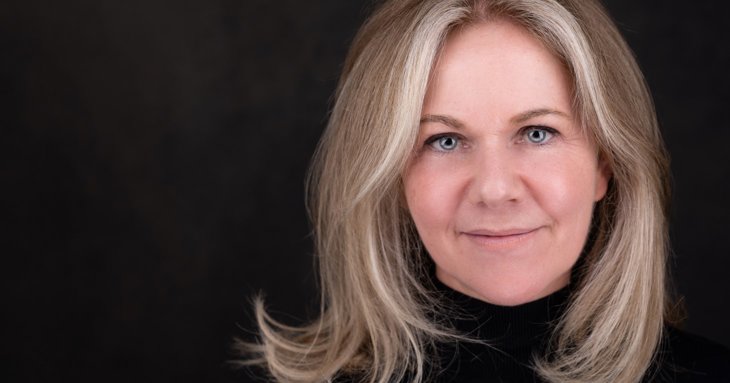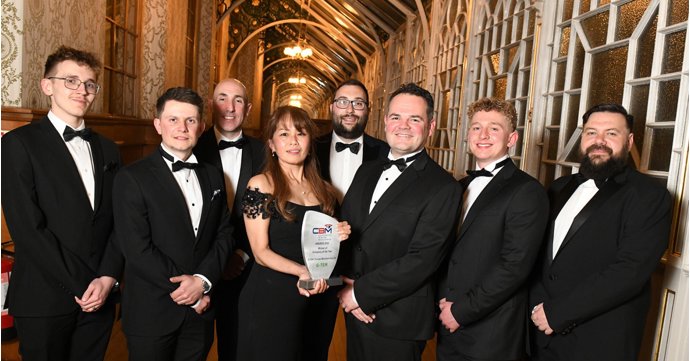Cheltenham-based technology company, Change My Face, has won a £50,000 investment to help it combat bias in artificial intelligence and machine learning.
Founded by Auriole Prince — who is a member of the Medical Artists Association and an FBI-trained forensic artist — Change My Face develops AI face changing software used by the health and beauty industry to demonstrate the effects of lifestyle and habits like age, diet, exercise, sun damage and stress and works with a range of clients including the NHS, Scottish Government, Visa and This Works.
The £50,000 investment from Innovate UK will help it tackle bias in AI and machine learning to make its unique software more inclusive, ensuring the transformed images stay true to a person's ethnicity and gender.
The company will use the funds to build validated inclusive and diverse image datasets to discover more about what health looks like on difference faces, without a bias towards any one race or gender identi — with a new range of products and services to be released under the name 'Future Face'.
Prince said: 'The Change My Face team are excited to be supported by Innovate UK in inclusion innovation. As a female business owner and creator of AI technology, tackling bias is a daily occurrence. AI has slowly become a part of our everyday lives and we must work together to make sure it serves everyone in our community equally.
'During the pandemic, our health became the focus of so much attention and we aim to play a part in improving people’s health through entertaining and engaging software.'
The funding has also allowed Change My Face to create a full-time position for data scientist, Sofia Kohan, who was the only female graduate on her data science and analytics course at Bournemouth University.
Change My Face is one of just 50 pioneering companies across the UK to have won funding from Innovate UK's Inclusive Innovation Award, which recognises that engagement with innovation is essential, but rejects the notion that products and services should be designed for 'the average customer'.
It aims to ensure accessibility and inclusion are at the forefront of innovation design, allowing businesses to broaden their customer bases while simultaneously fighting against existing inequalities and societal gaps.


















